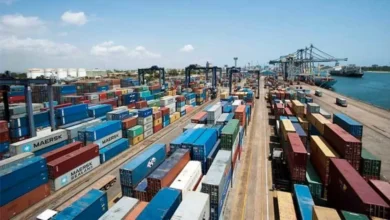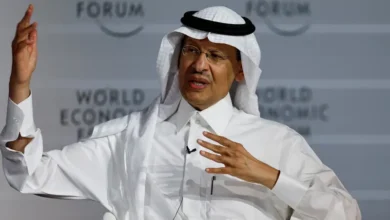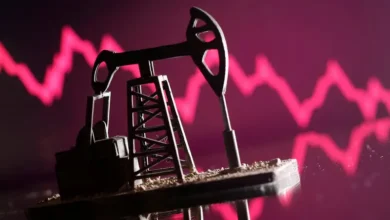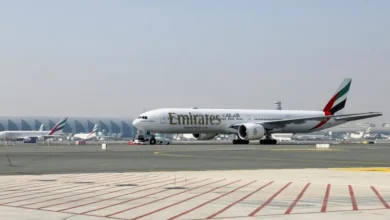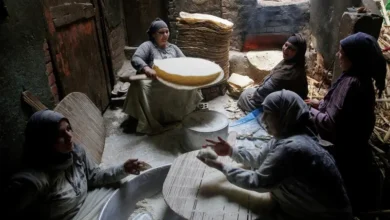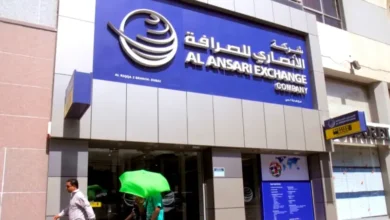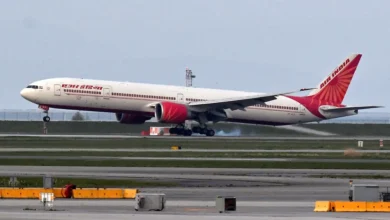Buy, sell or hold? Experts weigh in on Dubai’s red-hot property market
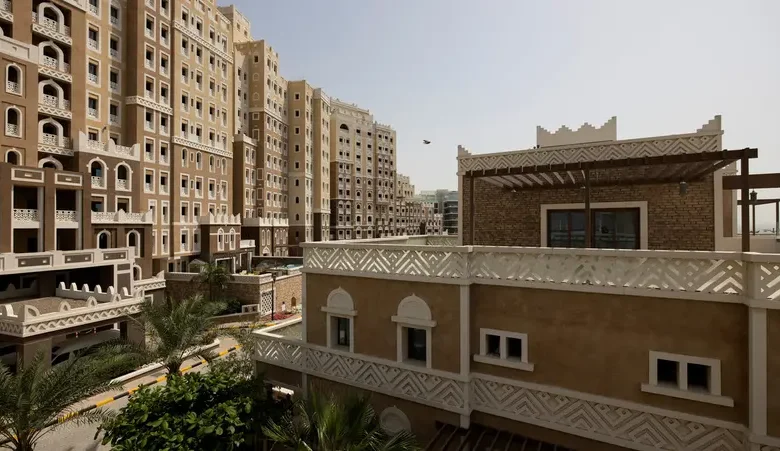
With Dubai’s booming property markets showing no sign of slowing down in 2024, homeowners across the emirate are facing a dilemma: Whether to buy new properties, hold on to their existing units, or sell them in a landscape of soaring prices, the influx of new residential units, a surging population, and a steady inflow of international ultra-rich investors.
Owing to a combination of these factors, property purchases and rentals show no sign of fizzling out, and the housing market in Dubai – the Middle East’s biggest tourism and trade hub – remains on an upward trajectory.
Last year, Dubai ranked No. 1 globally for home sales priced above $10 million.
The boom has left both seasoned investors and first-time homeowners pondering their next move in a market that shows just no sign of cooling.
Prices continue to rise

Founder of property company Sunrise Capital Yogesh Bulchandani said Dubai’s real estate market is buoyed by a 6.6 percent annual population surge, innovative infrastructure, and favorable investor incentives.
“The market outlook for 2024 shows a balance between supply-demand and regulatory policies, creating a sustainable environment with promising opportunities,” he said, adding: “I predict prices will continue to rise, particularly over the next six months. This will be largely driven by off-plan investments, which are soaring right now.”
These projects include Damac Lagoons, Mohammed Bin Rashid Al Maktoum City – District One, the Arabian Ranches 3,
The Valley by Emaar, Dubai South’s residential district, which comprises three to seven-bedroom semi-detached villas and mansions, and other developments in Dubailand and Deira, among others.
He said, for many homeowners, the temptation to cash in on the market’s gains is strong.
‘Buy a second home’
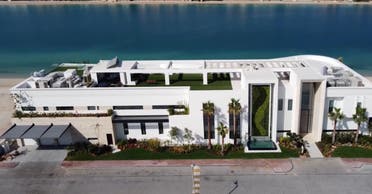
“At this point, I would advise homeowners to hold on to their properties to avoid going to market prematurely,” he said. “Instead, I encourage them to explore opportunities to enhance their property’s value through renovations or additions.”
Bulchandani cautioned that selling without a clear plan could backfire, given the current sky-high rental market, which has kept pace with rising property prices.
He advised those with the financial capacity to consider investing in additional properties this year, which he described as “an effective way to mitigate risks and generate substantial returns over time.”
“Ultimately, the best strategy is one that aligns with individual circumstances.”
‘I was tempted to sell’
Dubai resident and business owner Natasha Hatherall-Shawe, who bought a property in Palm Jumeirah two years ago, told Al Arabiya English she has been “very tempted” to sell and see a big cash return on her investment, but has held off.
“We even put it up for sale (at one point) and the price we listed it would have been a record for our community. We had two offers, but even by selling at that price, we could not find anything we wanted to buy. There is a lack of inventory and three-bed homes on the Palm,” Natasha said.
“Now I am buying investment properties, instead. We are looking at JVC, Meydan, Dubai South and building up this portfolio to support my savings and retirement homes,” she added.
Despite an influx of new and off-plan projects, Bulchandani sees no “immediate risk of saturation.”
“Dubai’s innovative policies, such as the Golden Visa, continue to attract global investors and professionals,” he said.
“The real estate sector is bolstered by strong demand and upcoming master projects like the massive Al Maktoum International Airport, expected to welcome 150 million passengers each year. All of these factors contribute to a steady increase in property values.”
And while Bulchandani said some levelling-out is natural after rapid growth, the influx of international investors and new visa policies suggest the boom is far from over.
He believes there will be steady growth, with no sign of a downturn, as Dubai’s real estate market continues to offer lucrative opportunities. According to him, the market is likely to grow at a steady pace while property prices continue to increase in different areas – especially in sought-after locations for investment such as Palm Jumeirah and Business Bay.”

Chairman and managing director of ACUBE Developments Ramjee Iyer told Al Arabiya English that Dubai’s real estate market is sought-after for many reasons.
“New off-plan developments are being announced every week, there are attractive visa policies for investors, and the tax-free environment and unmatched safety make it hard to look away from the emirate’s booming sector,” he said.
A recent report by property experts Bayut on H1 2024, suggested a surge in property prices in the UAE with prices for affordable units rising by 17 percent, mid-tier properties rising by 5-16 percent and price-per-square-foot for luxury properties increasing by up to 15 percent.
Like Bulchandani, Iyer said it is a tough decision whether to sell in a red-hot property market or stick with one’s investment.
“Selling a property is a very personal decision and depends on factors like finances, market trends, and future goals,” he said. “We are seeing a very mature market with steady growth, so for those looking to capitalize on current conditions, selling in 2024 could be a beneficial move, given the projected price increases.”
That said, sellers who decide to hold onto their properties for the rest of the year may also see great capital appreciation further down the line. According to most experts Al Arabiya English spoke to, sellers should stay aligned with personal goals and keep an eye out for trends in their specific communities.
Dubai’s booming property market is riding on a favorable ecosystem that comprises the emirate’s population figures, which have grown to more than 3.6 million, with a 1.4 percent increase just this year, and tourist arrivals that are up by nearly 20 percent. As Iyer puts it, “That’s a lot of potential buyers or renters”
“The GDP is also up by 3.2 percent, showing a healthy economy that’s attracting investors from all corners,” he added.
Saturation or surge?
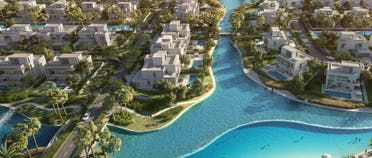
Iyer said it is natural to wonder if this rapid pace will hold or whether the emirate is heading towards saturation.
“Some might say we’re reaching a peak, but I believe Dubai’s real estate market has room to grow,” he predicted. “The fundamentals are strong, and with continued government support and global appeal, sustainable growth will continue.”
Iyer believes Dubai is in the early stages of a sustained upward trend.
Factors such as limited supply, increasing population, and strong investor confidence will likely drive prices higher. “That said, we should expect some degree of fluctuation, as in all healthy markets. But seeing the trends so far this year, I anticipate a gradual leveling off rather than a sudden downturn,” he added.
CEO of Bnbme Holiday Homes Vinayak Mahtani said he has seen a “lot of property owners” exchange hands. “The first round of investors post-COVID-19 bought a portfolio (of property). My opinion is that this property price is a trend, but given Dubai’s attraction, this trend will continue. Global unrest is increasing, and more and more people who see Dubai as a safe haven are moving their portfolios to the region. Based on this, I believe the market will continue to rise.”

